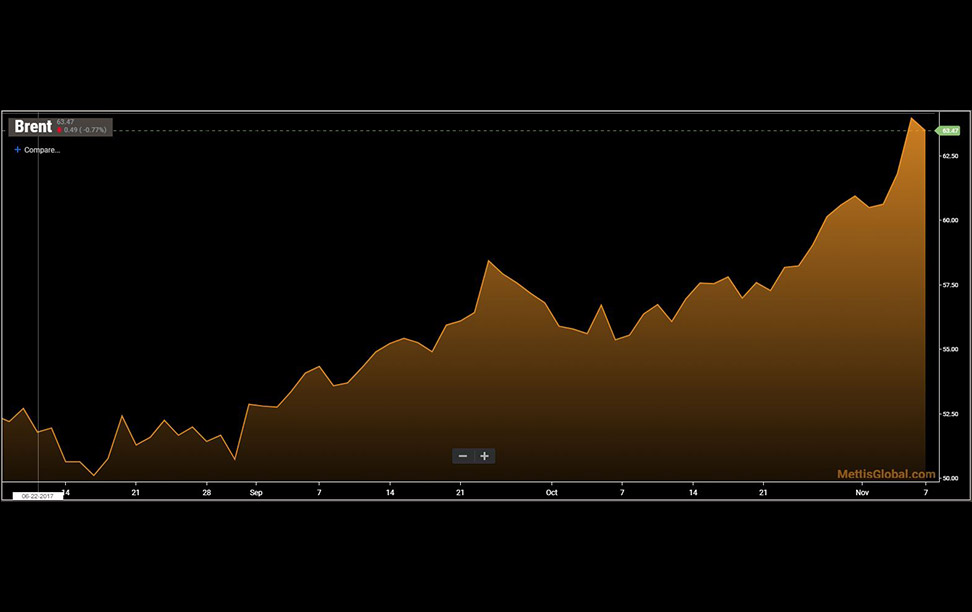G-20 debt service freeze supports liquidity, high debt level challenges will intensify: Moody's

By MG News | May 18, 2020 at 03:32 PM GMT+05:00
May 18, 2020: The G-20 Debt Service Suspension Initiative (DSSI) announced on 15 April will free up resources for coronavirus-related spending, but at this stage is unlikely to ease the significant credit challenges that have been amplified by the coronavirus outbreak, Moody’s Investors Services said in a recently released report.
Moreover, as indicated in their previous research, should a country's application for DSSI entail a possibility of losses for private sector creditors, negative pressure on the sovereign ratings would ensue.
According to Moody’s latest research, many DSSI-eligible sovereigns are experiencing acute foreign-exchange liquidity shortages. The crisis has led to sharp falls in foreign-currency receipts from exports, foreign direct investment and remittances at a time when sovereigns' access to international capital markets is constrained. As a result, countries are drawing on their foreign-exchange reserves, diminishing the sovereigns' ultimate ability to meet external debt-service payments. African sovereigns have the largest external financing gap at around $40-$50 billion this year, or about 4%-5% of their GDP
Furthermore, the liquidity relief from bilateral creditors will only partially offset the immediate shock. The temporary debt-service suspension will cover part of the countries' external financing requirements, the report highlighted.
Moody’s estimated the amount of bilateral external debt-service relief available under the DSSI for Moody's-rated sovereigns at $10 billion, or 0.4% of aggregate GDP. The amount of relief currently offered to African sovereigns – around $6 billion or 0.5% of GDP – is significantly below its above-mentioned funding gap.
It also estimated debt service to private creditors over the equivalent period amounts to about $12 billion for Moody's-rated eligible countries, having increased markedly in recent years. As mentioned, a possibility of delayed payments to private sector creditors in general and under the DSSI would raise the prospect of a default under our definition
The report further stated that as the coronavirus shock is aggravating the credit challenges of high and rising debt burdens. Debt-service relief will not have a significant impact on medium-term debt trends that have materially worsened. The coronavirus shock and the authorities' associated policy response have opened large fiscal and external imbalances that will take time to unwind. Low-income sovereigns entering the crisis with elevated debt burdens and/or exposure to foreign-currency risk are most at vulnerable.
Related News
| Name | Price/Vol | %Chg/NChg |
|---|---|---|
| KSE100 | 131,949.07 198.95M |
0.97% 1262.41 |
| ALLSHR | 82,069.26 730.83M |
0.94% 764.01 |
| KSE30 | 40,387.76 80.88M |
1.11% 442.31 |
| KMI30 | 191,376.82 77.76M |
0.36% 678.77 |
| KMIALLSHR | 55,193.97 350.11M |
0.22% 119.82 |
| BKTi | 35,828.25 28.42M |
3.64% 1259.85 |
| OGTi | 28,446.34 6.84M |
-1.02% -293.01 |
| Symbol | Bid/Ask | High/Low |
|---|
| Name | Last | High/Low | Chg/%Chg |
|---|---|---|---|
| BITCOIN FUTURES | 109,915.00 | 110,525.00 107,865.00 |
-500.00 -0.45% |
| BRENT CRUDE | 67.74 | 67.81 67.22 |
-0.56 -0.82% |
| RICHARDS BAY COAL MONTHLY | 97.50 | 0.00 0.00 |
0.75 0.78% |
| ROTTERDAM COAL MONTHLY | 106.00 | 106.00 105.85 |
-2.20 -2.03% |
| USD RBD PALM OLEIN | 998.50 | 998.50 998.50 |
0.00 0.00% |
| CRUDE OIL - WTI | 65.92 | 67.18 65.40 |
-1.08 -1.61% |
| SUGAR #11 WORLD | 16.37 | 16.40 15.44 |
0.79 5.07% |
Chart of the Day
Latest News
Top 5 things to watch in this week
Pakistan Stock Movers
| Name | Last | Chg/%Chg |
|---|
| Name | Last | Chg/%Chg |
|---|




 Central Government Debt
Central Government Debt
 CPI
CPI